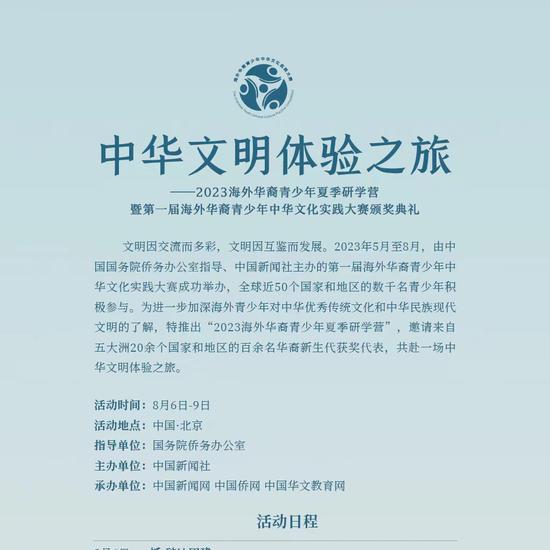China aims to boost its aggregate computing power by more than 50 percent by 2025, according to new policies released by six Chinese government agencies, as the nation steps up efforts to boost its scientific and technological independence amid the China-U.S. tech competition.
Experts said that computing power has become a new area of technological competition between China and the U.S., following competition in the semiconductor field.
If this goal is achieved, China's computing power level is expected to reach or even surpass that of the U.S., Ma Jihua, a veteran analyst in the telecom industry, told the Global Times on Monday.
"China is experiencing faster growth in terms of computing power compared with the U.S.. In recent years, China has achieved double-digit annual growth rates in computing power, while the U.S. rate has been around 5 percent," Ma noted.
Six government agencies including the Ministry of Industry and Information Technology (MIIT), Office of the Central Cyberspace Affairs Commission and the Ministry of Education released on Monday an action plan to promote the high-quality development of the country's computing power technology.
The heavyweight action plan proposes clear indicators in terms of computing power, network capacity and storage capacity.
In terms of computing power, the goal is to exceed 300 EFLOPS by 2025, up about 50 percent compared with the current level. The MIIT revealed in August that China's computing power has reached 197 EFLOPS this year, ranking second in the world.
EFLOPS, equal to 1 quintillion floating-point operations per second, measures a computer's speed and is vital for technology advances in artificial intelligence and virtual reality.
The policies were announced amid rising competition between China and the U.S. in many high-tech sectors and increasing U.S. restrictions on Chinese firms' access to high-tech equipment, including high-end chips and cloud computing services.
Experts view this move as necessary to help China stand out amid the China-U.S. technology rivalry and to enhance its self-innovation capabilities in core technologies.
The U.S. and China maintain the top two positions in global computing index rankings, according to data released by the China Academy of Information and Communications Technology.
In terms of data storage capacity, the authorities have set a goal that the country's total storage capacity will reach 1,800 exabytes by 2025, of which advanced storage capacity will account for more than 30 percent.
A range of new business models will be established, and the penetration rates in sectors including industry and finance will be notably improved, according to the plans.
Computing power infrastructure serves as a crucial foundation in the digital era and is of great significance for China's technological self-reliance, Wang Peng, an associate research fellow at the Beijing Academy of Social Sciences, told the Global Times on Monday.
Improved computing power infrastructure will help China accelerate innovation in artificial intelligence, virtual reality and quantum communication, Wang said.
In recent years, Chinese authorities have stepped up efforts to promote the construction and application of computing power infrastructure.
Additional efforts will be made to strengthen research and development in key products, such as central processing units, graphics processing units, and servers. Computing innovation will also be strengthened, officials from the MIIT told a press conference in July.
It is expected that the newest action plan would have a far-reaching positive impact on the industrial chain, Wang said.
He said that the plan will boost research and development, and enhance algorithms, chips and hardware performance for upstream manufacturers. It will also empower the platform economy in the middle stream. Downstream industries like finance, transportation, environmental protection, government affairs, education, and healthcare will witness improved efficiency.
A preliminary report from KPMG in July suggested that by 2025, China's core computing power industry will reach a scale of at least 4.4 trillion yuan ($613 billion). If related industries are included, the scale could reach 24 trillion yuan.






























